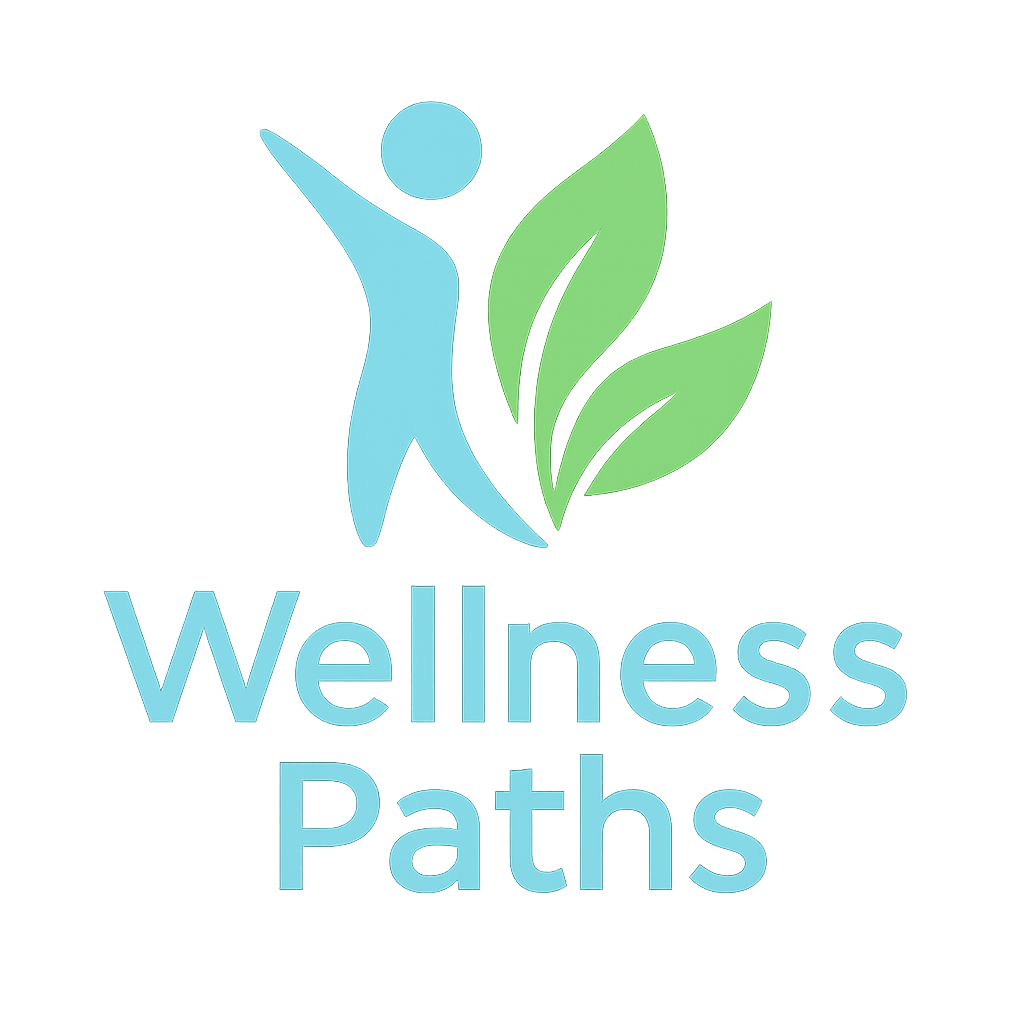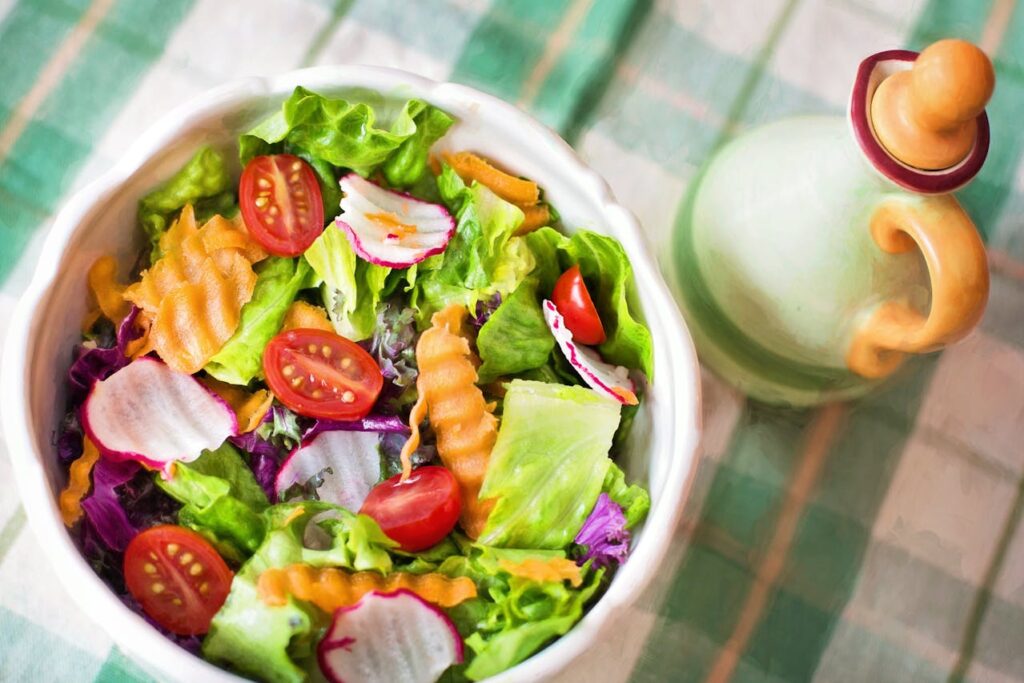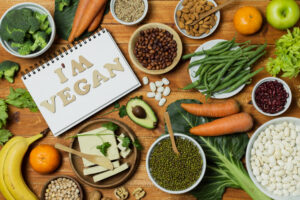More and more people are choosing to follow a plant-based diet by eating more fruits, vegetables, and other plant-based foods. This is good for our health and also helps take care of the planet. In this article, I’ll explain what a plant-based diet is, why it’s good for you, some easy tips to get started, and clear up some common myths about it.
What is a plant-based diet?
Plant-based eating means mainly eating foods that come from plants, like fruits, vegetables, legumes (for example, lentils and chickpeas), whole grains, seeds, and nuts. It doesn’t mean you can’t eat meat or animal products, but most of what you eat should come from plants.
It’s a way of eating that can fit your lifestyle without having to change everything overnight.
Why is it good for your health?
Eating more plants has many benefits:
- Better digestion: The fiber in fruits and vegetables helps your stomach and intestines work well.
- Keeps you strong: Plants have vitamins and minerals that take care of your body and help prevent illness.
- Helps control weight: Since these foods are low in calories and high in fiber, they help you feel full without overeating.
- Protects your heart and prevents diseases: Eating lots of plants can help avoid problems like diabetes, high blood pressure, and heart disease.
- Gives you more energy: Many people feel stronger and more energetic when they eat more fruits and veggies.
How does a plant-based diet help the planet?
Eating more plants also helps protect the environment:
- Less pollution: Producing plant foods pollutes less than producing meat.
- Saves water: Growing plants uses much less water than raising animals.
- Protects the land: Plant farming uses less space and helps keep the soil healthy.
- Supports local farmers: Buying fruits and vegetables from your region helps small farms keep working.
How to start without stress?
You don’t have to make a big change or stop eating what you like overnight. Here are some tips:
- Take it slow: For example, have one meat-free day a week or add more veggies to your meals.
- Eat plant proteins: Legumes like lentils or chickpeas are great protein sources. Nuts and seeds too.
- Try easy recipes: Salads, stews, or smoothies with fruits and veggies are tasty and simple to make.
- Plan your meals: Making a shopping list with fruits, veggies, and other foods helps you stick to your plan.
- Listen to your body: If you don’t like something, or it doesn’t feel good, look for other options. The key is to enjoy eating well. For more on how to connect with your body’s signals and eat with intention, check out my article on Mindful Eating.
Common myths about plant-based eating
- “I won’t get enough protein.” Eating legumes, grains, seeds, and nuts gives you all the protein you need. Just vary what you eat.
- “It’s boring, and I’ll always eat the same thing.” There are so many foods and ways to prepare them. Eating plants can be fun and delicious.
- “It’s expensive.” Buying seasonal produce and cooking at home can be cheaper than fast or processed food.
- “I’ll feel tired.” Actually, many people feel more energetic when they eat more fresh fruits and vegetables.
Easy ideas to start a plant-based diet today
- Breakfast: A smoothie with spinach, banana, and apple.
- Lunch: Salad with chickpeas, tomato, cucumber, and avocado.
- Dinner: Stir-fried vegetables with brown rice.
- Snack: A handful of nuts or carrot sticks with hummus.
We’d love to hear from you! Have you tried eating more plant-based foods? What’s your favorite recipe or tip? Or maybe you have questions or doubts? Share your thoughts and experiences in the comments below — let’s support each other on this healthy and planet-friendly journey!

Sources
Harvard Health Publishing – Explains that plant-based diets can reduce the risk of heart disease and diabetes, provide protein, fiber, vitamins, and minerals, and are linked to lower risk of chronic diseases.
https://www.health.harvard.edu/blog/what-is-a-plant-based-diet-and-why-should-you-try-it-2018092614760
Nature Communications – Presents studies showing that plant-rich diets reduce greenhouse gas emissions by 30% to 52%, decrease land and water use, highlighting their environmental benefits.
https://www.nature.com/articles/s41467-024-45328-6
Eating Well – Reports that plant proteins like legumes, tofu, nuts, and seeds provide essential amino acids, reduce inflammation, and have a lower environmental impact than animal proteins, also being an affordable alternative.
https://www.eatingwell.com/plant-based-protein-benefits-11712145





